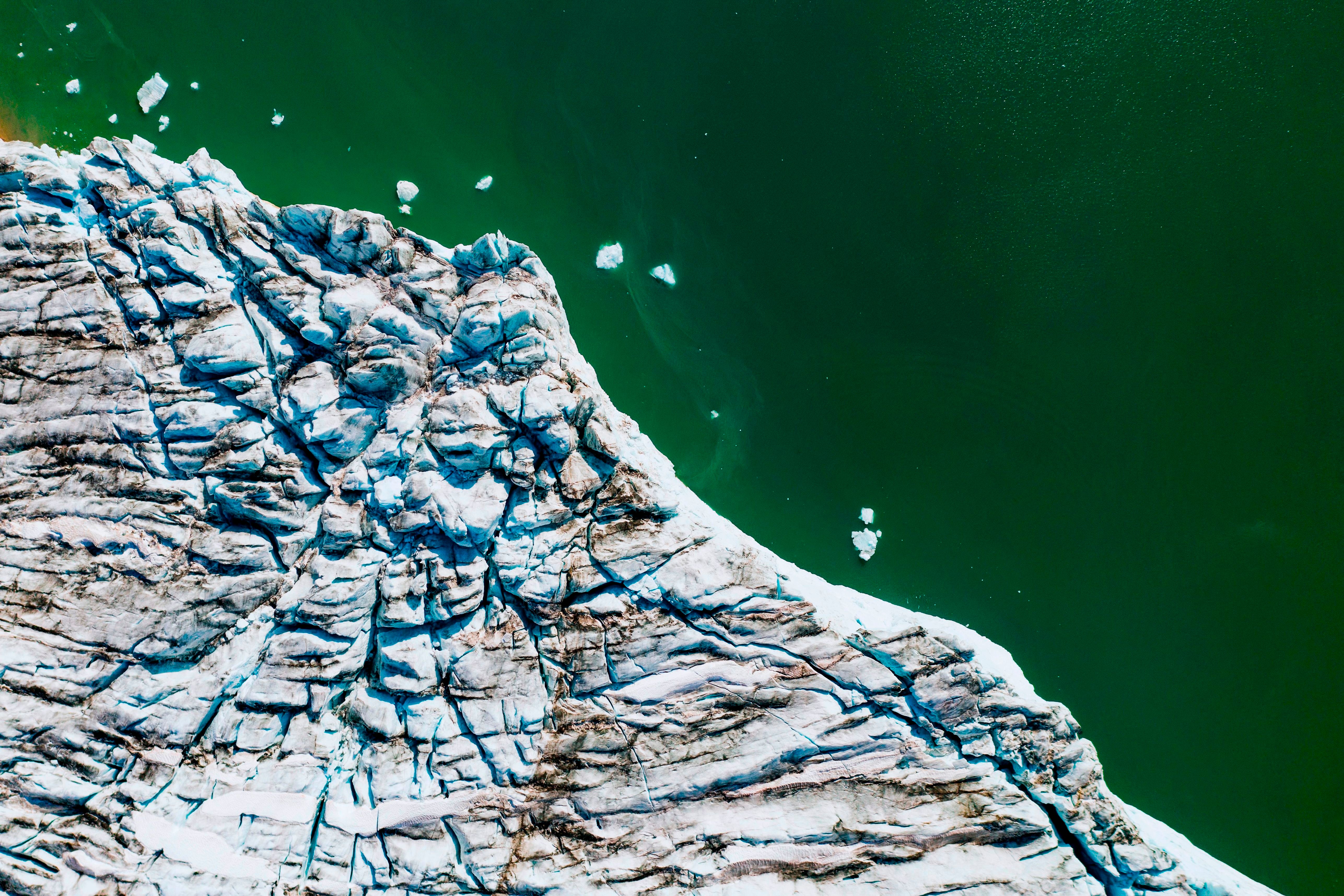Arctic has warmed three times faster than Earth since 1971, says report
A first instance of a largely sea-ice free Arctic may arrive before 2050, the report warns

In five decades, the Arctic has warmed three times more than the Earth’s average temperature increase due to global warming, faster than previously thought, a new report says.
Several climate indicators in the Arctic such as temperature, precipitation, snow cover and sea ice thickness show rapid changes currently underway that may have far-reaching consequences throughout the world, including on global sea-level rise, the report warned.
The report was published by the Arctic Monitoring and Assessment Programme (AMAP) and its findings were discussed at a meeting of the Arctic Council – an intergovernmental forum of eight countries including Iceland, Denmark, US and Canada, promoting cooperation in the region.
Analysing changes in several key climate parameters in the Arctic between 1971 and 2019, the researchers behind the AMAP report, said the region is undergoing recent increases in the frequency and intensity of extreme weather events like rapid sea ice loss, Greenland ice sheet melt and wildfires.
During this period, they said the near-surface air temperature in the Arctic increased by 3.1 degrees Celsius – three times faster than the global average.
This is more than the UN’s Intergovernmental Panel on Climate Change (IPCC)’s conclusion in a 2019 report that the Arctic surface air temperature likely increased “by more than double the global average”.
The new AMAP report also noted that precipitation in the region, including rain and snow fall, rose by 9 per cent but added that there was no particular trend in snowfall patterns.
“There has been an increase in extreme high temperatures and a decline in extreme cold events. Cold spells lasting more than 15 days have almost completely disappeared from the Arctic since 2000,” the report noted.
The council also warned that these changes are causing a fundamental transformation of terrestrial, coastal, and marine ecosystems that may strongly affect the food security and livelihoods of indigenous communities living in the region by altering the distribution of fishes, microscopic planktons, and other mammal species, disrupting the whole food-web.
Based on the latest climate models, the report said the annual mean surface air temperatures in the Arctic could rise to 3.3–10 degrees Celsius above the 1985–2014 average by 2100, depending on the course of future global greenhouse gas emissions.
Citing other latest climate models, it said the first instance of a largely sea-ice free Arctic may arrive before 2050.
“The probability of an ice-free Arctic summer is 10 times greater under a 2°C global warming scenario compared with a 1.5°C scenario,” the report noted.
The report specifically cautioned about the effects of melting permafrost in the region – long frozen soil that can release potent greenhouse gases like methane when they thaw – potentially causing a vicious cycle of accelerated global warming.
While permafrost in the Arctic has warmed by about 2-3 degrees Celsius since the 1970s, at many colder sites of the frozen soil the warming rates have been greater than any since 1979.
According to the report, extreme precipitation following a consistent rate of long-term permafrost warming can trigger thermokarst erosion in the Arctic that can release large quantities of methane and other greenhouse gases.
“Without action, we will soon reach a dangerous turning point and the Arctic as we know it will be gone by the end of the century,” Iceland Minister for the Environment and Natural Resources Guðmundur Ingi Guðbrandsson reportedly said at the Arctic Council meeting.
Subscribe to Independent Premium to bookmark this article
Want to bookmark your favourite articles and stories to read or reference later? Start your Independent Premium subscription today.

Join our commenting forum
Join thought-provoking conversations, follow other Independent readers and see their replies